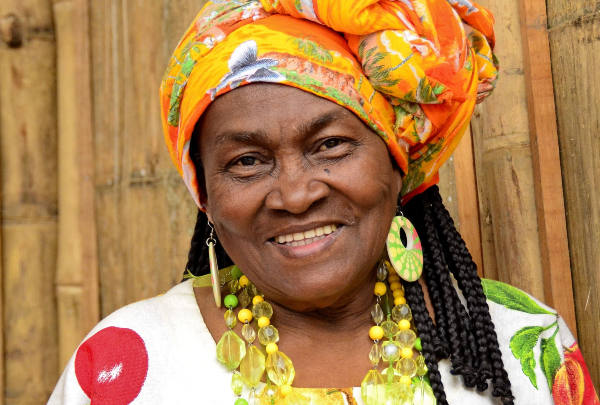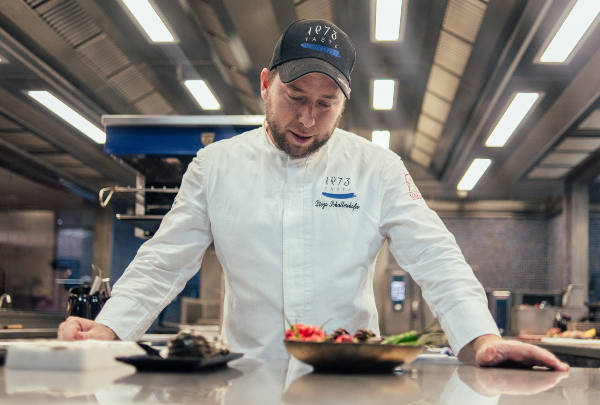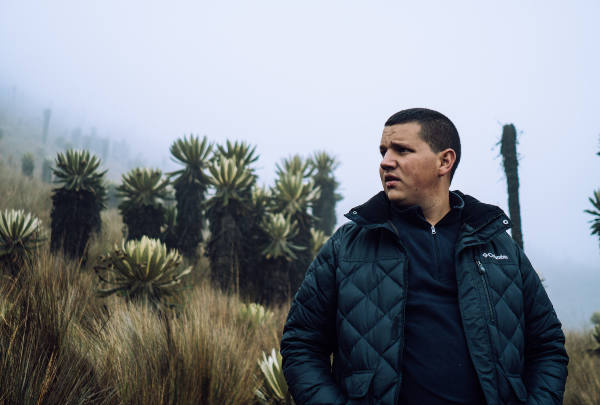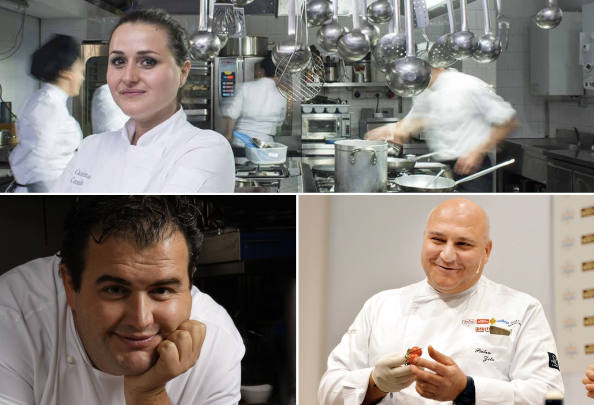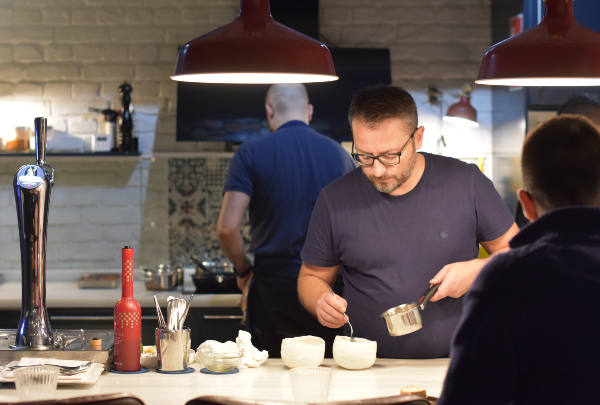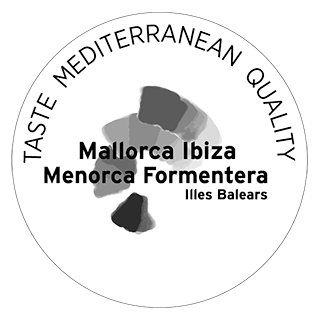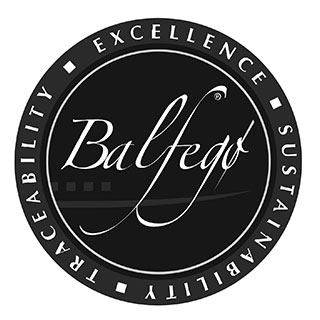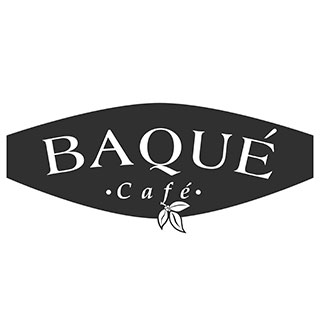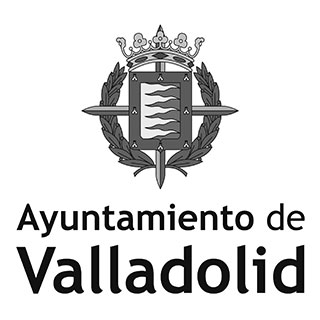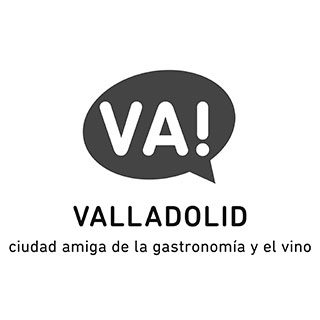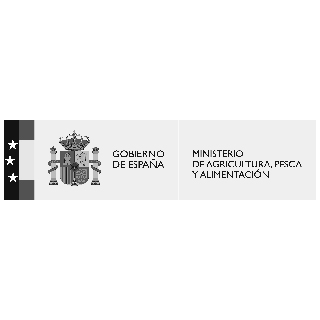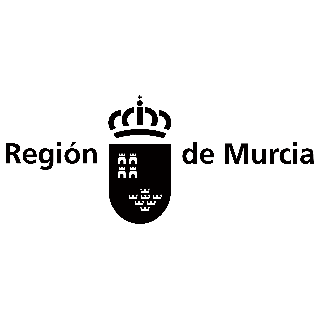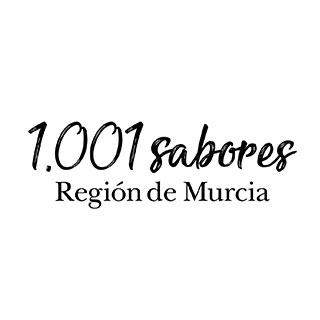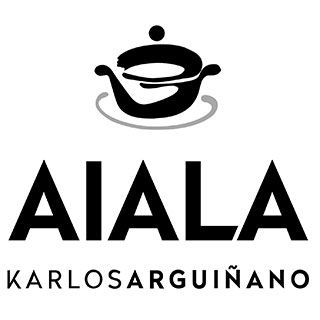Interview
Selassie Atadika: “My cooking is culture and community, but also environmental and social responsibility”
.jpg)
If you visit any European city, you will find dozens of Asian restaurants - from Chinese and Japanese to Thai and Indian - as many from South America and even some Arab establishments. But what about African restaurants? More specifically those of so-called black Africa. They are few, very few; because, despite the demographic and cultural weight of the African continent, its gastronomy is still a great unknown for most people.
The time has come to remedy that. Africa is claiming its place on the world's gastronomic map and chefs like Ghanaian Selassie Atadika are succeeding in reinventing and popularising African cuisine. Her presence at this edition of San Sebastian Gastronomika - Euskadi Basque Country will also be a good opportunity to learn more about her.
The past and future of African gastronomy come together in Atadika. It is cultural heritage but also ecological awareness. Her cuisine is committed not only to her roots but also to her environment and her community, a way of understanding gastronomy as part of a wider cycle of life. Maybe her past at the United Nations is the reason for this.
How does a a member of the United Nations technical staff end up opening a restaurant and becoming a celebrated chef?
I have always looked for ways of making a real impact and changing people's lives. I started working at the United Nations in 1999, basically in areas of Africa and on natural disaster response and prevention projects, and during those years I became aware of a few things about myself. Regardless of the situation, food was something that always brought people together and helped them to overcome their situation. In addition, there were many health and financial challenges that could be solved through dynamic local food-based economies.
Cooking was an answer. That's why in 2011 I signed up for the ProChef program at the Culinary Institute of America and, when I went back to work at the UN in Senegal, I opened a restaurant with two friends. After three years I had the courage to start my own project, Midunu, in Ghana, my home country, which I left at the age of five to live in the United States.
An African woman opening a restaurant. It can't have been easy...
There is no doubt that there are challenges as an African woman and entrepreneur in Ghana. I have had chefs in my kitchen unable to acknowledge my authority and I have had to ask them to leave. But there is another discriminatory practice in Ghana, which for me is particularly harsh and strange, and that has to do with ethnicity. Of all the great hotels and restaurants in Accra, there is not one - that I know of - that has a Ghanaian executive chef. In my case, many chefs in Ghana, and even much of the public in the country, do not trust my ability as a chef and are convinced that the dishes in my restaurant are not really mine.
The positive side is that over the last five years more Ghanaian chefs and cooks have entered the scene. Some of them, both men and women, have even told me that my example has inspired them in their career.
“The African diet is environmentally friendly”
African cuisine is unknown to many people. Why should we take a closer look at it?
Africa is an extremely large continent and is not monolithic. Before I started cooking professionally, I spent many years travelling around Africa and that allowed me to learn a lot about different African cuisines. I was able to see the similarities and main guidelines for kitchens on the continent, and the challenges we have to face in relation to climate change and food safety.
Africa is the continent where what we would call a plant-forward diet (based mainly on vegetables, fruits, seeds, cereals, legumes and a moderate consumption of animal protein produced in an environmentally responsible way) is most consumed, which is the answer to many of the problems related to the environment and food overexploitation in today's world. It is a diet which also includes many wild foods and food from foraging, and which still consumes many age-old grains - millet, sorghum, fonio, teff... Traditionally, our cuisines emphasise flavours over fat by using spices and preserving foods with techniques such as smoking, fermenting, drying, salting, etc. Many other diets should learn from this.
Our culinary approach is also zero or minimal food waste. In fact, the main African challenge is to reduce waste at harvest, not at end consumption.
And for me, there is another key aspect: the long tradition of communal meals. In Africa, families and communities gather together to eat, sometimes even from the same plate, in an act of communion that goes beyond mere food intake. It is a question of sharing, of living together, of interacting.
You put a lot of emphasis on the importance of the African diet. Why is a plant-forward diet so important?
Following a plant-forward diet is important for several reasons. These include its positive impact on our health; but above all because by using the land to feed people instead of using it to grow crops for livestock or as a grazing area we can fight malnutrition more effectively. It is also a more environmentally friendly and economical diet.
Your particular approach to African cuisine has been dubbed African Nouvelle Cuisine. What does this concept encompass?
I like to define my cooking as African Nouvelle Cuisine because it is a place where culture, community and cuisine interact with the environment, sustainability and economy. Everything that I learned during a decade of travelling around Africa and what I am still learning about my own culture has helped me to conceptualise the African Nouvelle Cuisine and I just want to pass on all that knowledge with it.
When I returned to Ghana after spending much of my childhood and youth in the United States, I experienced a curious learning experience as I experienced many things as an outsider. This allowed me to ask a lot of questions, investigate and break down those barriers that the modernisation of the country had put up in order to recover indigenous knowledge and its ingredients.
In the kitchen, I look to work with under-used ingredients, including traditional grains, root vegetables and crops that are suitable for traditional cooking techniques that may not have been as prevalent. The philosophy behind this concept is to create value by using culture and cuisine, while respecting the environment and creating a sustainable economy for local communities.
You call for the revival of traditional crops and in turn denigrate monolithic crops. Are you against crops like rice and wheat?
No, I am not against rice and wheat. I am against not working for balance and biodiversity, for our health and the health of the planet.
Many of us associate Ghana with chocolate, because of its cocoa plantations. What role does it play in Ghanaian cuisine?
Ghana is known for its cocoa, not for its chocolate. And that is one of the problems. If we look back at the country's colonial history, the aim was to secure cocoa production as the main crop in the area and little else. The plan was to ensure that we produced the seeds but could not process them or give them added value. This was controlled on a global scale. This terrible colonial legacy still lives on today and a lot of work is needed to create change. Legislation needs to change. For example, today it is illegal for me, as a Ghanaian, to buy cocoa beans from local producers to make my own chocolate. It’s mad.
But obviously, as a Ghanaian chef, I use cocoa and chocolate in my cooking. In fact, at Midunu we have a line of chocolates and truffles, Midunu Chocolates, which is handmade chocolate made with cocoa from Ghana and with flavours that are the essence of Africa: spices, tea, coffee, infusions... It is a complex flavour profile that describes the culinary heritage of Africa.
Chocolate is an extraordinary way of introducing people to something new, as African cuisine may be for many. The inspiration for each of these chocolates comes from different parts of the continent, something that is reflected in the names of each of them, because we have named them after African women who are the guardians of the culinary tradition of the place. We are currently planning to launch them internationally.
“Food allows us to engage our five senses”
Let us reflect on one of the most profound lessons of African gastronomic culture: the very fact of eating. Why is food so important to man?
Food affects almost every aspect of our lives and most of all it brings us together at least two or three times a day with the people we love, with friends, with colleagues... It is the result of our culture, our environment, our geographical location... It impacts our economy, health, nutrition... and it is the only art that allows us to fully engage our five senses. It tells the story of our past, present and future.
At Midunu, your restaurant in Africa, as well as offering a gastronomic experience for the palate, you have also sought to honour that social and cultural aspect of the act of eating by creating meals that are “nomadic experiences”. What is a nomadic experience?
Our nomadic meals are gastronomic experiences that we hold once a month. We bring together a number of diners to offer them a special menu, while people take the opportunity to get to know each other and create links.
I describe them as nomadic for a number of reasons. My own nomadic lifestyle from Ghana to the United States and my travels through almost 80% of the countries on the African continent to get back to my home country is the starting point; but so is the very nomadic nature of the meals, which are held in different locations in Accra.
Another key reason is the communal aspect of sharing food, often from the same plate, something which is common across all African communities and which teaches us important lessons about hospitality, community and the desire to share. It is also a nod to the nomadic lifestyle that many African peoples - Berber, Fulani, Hausa, Maasai, Pokot, Tuareg, Turkana - had in the past and which strengthened that communal aspect of mealtimes.
Atadika celebrates Africa in her dishes and in her way of being. She offers a future from a country where our past as mankind lies. And we are pleased to hear age-old words such as teff and sorghum alongside newer ones such as environmental responsibility and sustainable economy. Let us learn from Mother Africa; not only from her flavours, colours and aromas but also from the joy and communion around a dish.
